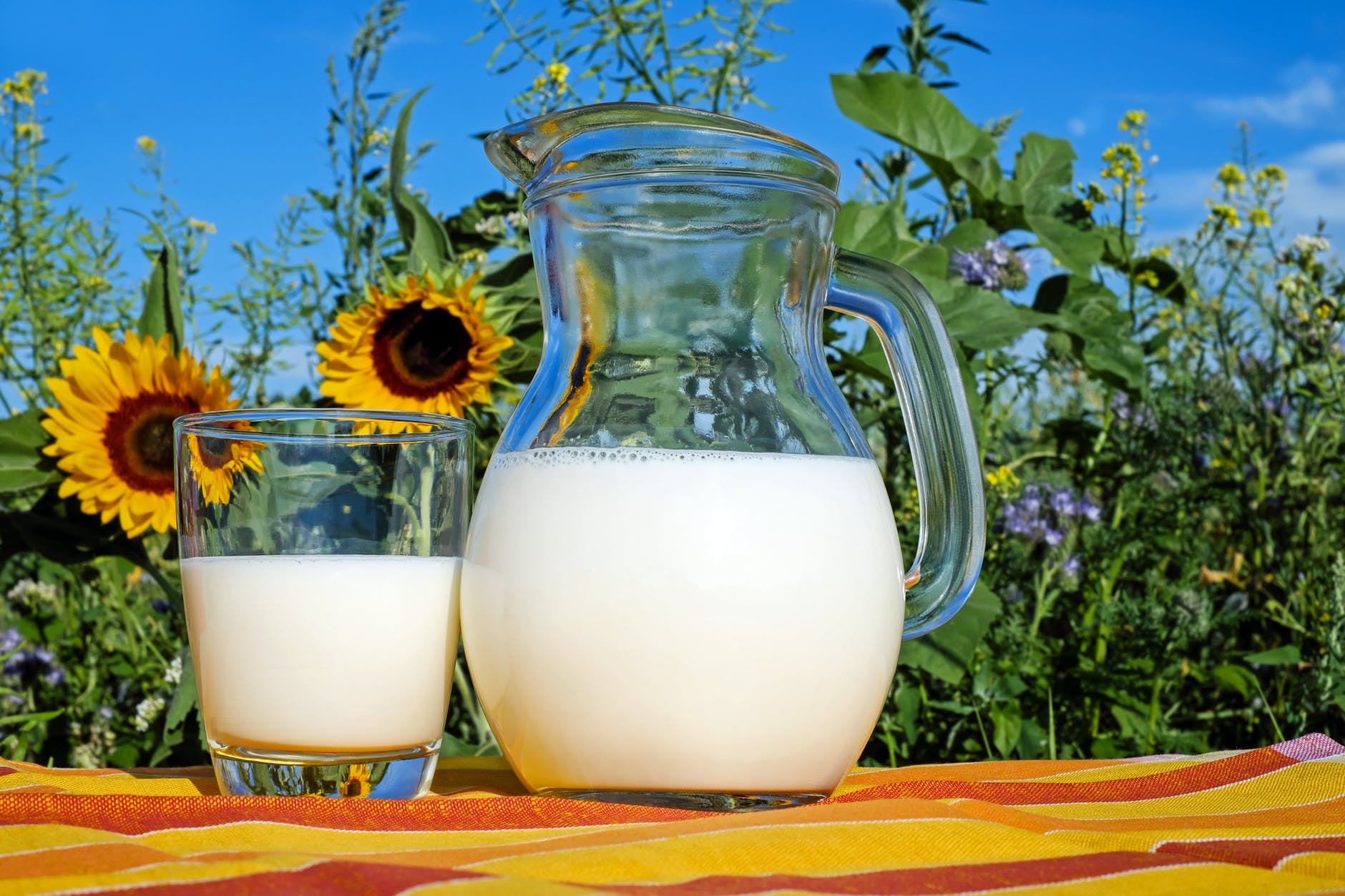Dairy products, as diet’s basic foods, were chosen this year as the central axis of Nutrition Day 2019. The goal of this event is to raise awareness among the population about the importance of maintaining healthy dietary habits in all stages of life.
The Spanish Federation of Nutrition, Food and Dietetics Societies, (FESNAD) celebrated this date with an act, under the slogan: “Dairy products, keep them in mind,” to highlight the fundamental role of these products for health.
The nutrients in dairy products
Dairy products and their byproducts contain nutrients (proteins of high biological value, fat, lactose, calcium, phosphorus, potassium, vitamins A and D, B6 and B2, among others).
Intake recommendations
For this reason, experts recommend consuming an average of 2 to 3 servings a day of milk and dairy products (preferably natural yogurt, fermented milk, fresh cheese or other types of cheese) depending on age, physical activity, physiological state and within the framework of a moderate, balanced diet of nutritional quality.
Likewise, at each stage of life, dairy products play a specific role depending on the population group. In addition to being basic foods during the first stage of life, childhood and adolescence, it’s advisable that you take between 3-4 servings a day, since the proteins they contain are necessary for the normal growth and development of bones, and their particular fat is essential for minerals and vitamins to be easily absorbed and properly metabolized.
During pregnancy and the breastfeeding period, calcium needs escalate, so these needs can be fulfilled with the consumption of 3-4 servings of dairy products and their byproducts. In fact, roughly half of pregnant women aren’t consuming the daily dairy rations recommended by experts.
For the older population group it’s advisable to consume between 2-4 a day, since dairy products are a source of calcium that contribute to bone and muscle health for smooth aging.
Each serving is equivalent to a 200 ml glass of milk, 2 yogurts, 125 g of fresh cheese, 30 g of semi-cured cheese or 20 g of cured cheese, for example.
Date: May 25th, 2019
By: Javier Tovar | EFE
Link: https://www.efesalud.com/importancia-lacteos-nutricion/
Dr. Ascensión Marcos, president of FESNAD, said: “We have chosen milk and dairy products this year as the central axis of Nutrition Day, due to their essential properties and benefits. We must not forget that dairy products are the main source of calcium in diet and contain a wide variety of micro and macronutrients, such as vitamin A, folic acid, magnesium and zinc. They’re also a source of protein and have a wide variety of high quality fatty acids.”
Nutrigenomics Institute is not responsible for the comments and opinions included in this article






